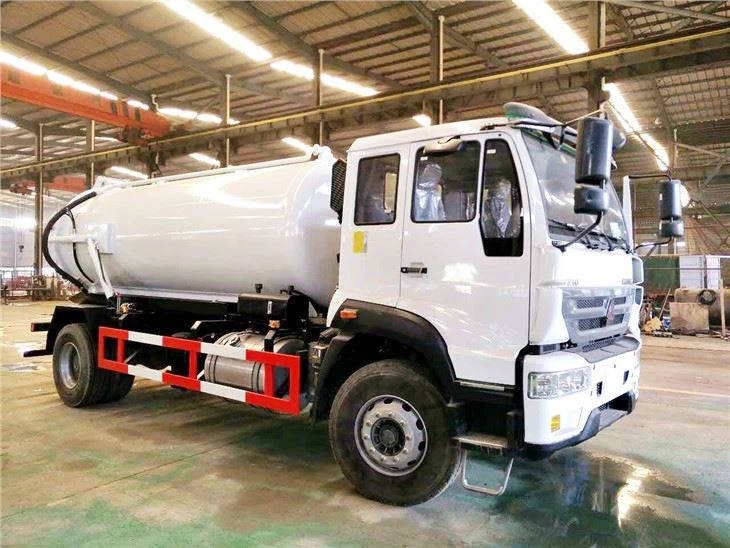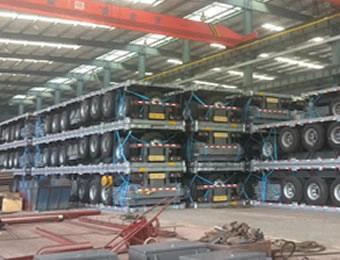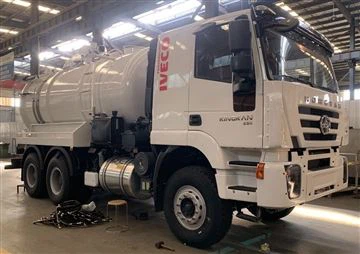Everything You Need to Know About Garbage Grippers

In today’s world, maintaining cleanliness and sustainability is more important than ever. One of the essential tools in achieving this is the garbage gripper. This innovative device is designed to make waste management easier, safer, and more efficient. In this comprehensive article, we’ll explore everything about garbage grippers, their benefits, types, usage, maintenance, and frequently asked questions. Get ready to enhance your waste collection efforts with the power of garbage grippers!
What is a Garbage Gripper?
A garbage gripper, often referred to as a trash picker or litter grabber, is a handheld tool used for collecting litter or waste without the need for bending down or reaching into potentially unsanitary conditions. This tool is particularly useful for individuals with mobility issues, but it’s also beneficial for anyone looking to keep their environment clean while minimizing contact with garbage.
The Benefits of Using a Garbage Gripper
1. Improved Safety
Garbage grippers help users avoid direct contact with unsanitary materials. This reduces the risk of injury, cuts, or infections that can occur when handling sharp or contaminated waste.
2. Enhanced Comfort
Using a garbage gripper eliminates the need to bend or stoop down to pick up litter, making it a great tool for seniors or anyone with back problems.
3. Environmentally Friendly
By encouraging individuals to participate in cleaning efforts, garbage grippers promote environmental awareness and responsibility, helping to reduce litter in public spaces.
4. Improved Hygiene
Most garbage grippers are designed with ergonomic handles and mechanisms that allow the user to grasp items easily without touching them directly, maintaining better hygiene practices.
5. Versatility
Garbage grippers can be used in various settings, such as parks, beaches, roadsides, and even indoors for cleaning up small debris.
Types of Garbage Grippers
1. Manual Garbage Grippers

Manual garbage grippers are simple, non-mechanical tools that typically feature a claw-like gripping mechanism and a handle. Users control the gripping action through manual effort.
| Feature | Description |
|---|---|
| Cost | Generally affordable |
| Weight | Lightweight |
| Control | High user control |
2. Electric Garbage Grippers
Electric garbage grippers are powered by batteries or electricity, making them easier to use for longer periods. They often come with added features like enhanced gripping strength or even suction capabilities.
| Feature | Description |
|---|---|
| Convenience | Less manual effort required |
| Weight | Heavier due to machinery |
| Battery Life | Dependent on usage and model |
3. Specialized Grippers
Some garbage grippers come with specialized designs tailored for specific tasks, such as reaching high places or collecting small items, making them perfect for particular uses.
How to Choose the Right Garbage Gripper
1. Consider the Intended Use
Think about where you will be using the garbage gripper. For instance, if you frequently clean up in parks, a lightweight manual model may suffice, while for larger tasks, an electric model could be ideal.
2. Ergonomics and Comfort
Look for models with ergonomically designed handles that fit comfortably in your hand. Comfort is essential, especially for extended use.
3. Gripping Capacity
Different grippers have varying gripping capacities. Ensure the model can comfortably handle the type of debris you typically encounter.
4. Portability
If you plan to carry your garbage gripper often, consider its weight and whether it can be easily stored or transported.
Using a Garbage Gripper: Practical Tips
1. Familiarize Yourself with the Mechanism
Before heading out, practice using your garbage gripper to get comfortable with its mechanics. This ensures smooth operation during actual use.
2. Dress Appropriately
Wear gloves, sturdy shoes, and possibly a mask, especially when dealing with waste that might contain hazardous materials.
3. Work in Pairs
If possible, recruit a friend or family member to join you in your litter clean-up efforts. This makes the task more enjoyable and allows for quicker work.
4. Stay Hydrated
Bring plenty of water, especially during warm weather. Staying hydrated is important, particularly during outdoor cleaning sessions.
Maintenance and Care of Your Garbage Gripper
1. Clean After Use
Rinse your garbage gripper with water and mild soap after every use to eliminate bacteria and odors. Ensure that it is completely dry before storing it away.
2. Inspect Regularly
Check for any signs of wear and tear, such as loose connections or damaged gripping mechanisms. Address any issues immediately to ensure safety and performance.
3. Store Properly
Keep the garbage gripper in a dry storage area to prevent rusting or degradation. Hang it or store it upright to maintain its shape.
Garbage Grippers in Action: Notable Examples
1. Community Clean-Up Events
Many cities organize community clean-up days where garbage grippers are distributed to volunteers. This fosters community spirit while effectively dealing with litter.
2. Environmental Education Programs
Schools and organizations often use garbage grippers in their programs to teach children about environmental stewardship and the importance of reducing litter.
3. Disaster Clean-Up
In the aftermath of natural disasters, garbage grippers can be used by volunteers and responders to safely clean up debris and hazardous materials.

FAQs About Garbage Grippers
1. Can garbage grippers pick up large debris?
Most manual garbage grippers are designed for small to medium pieces of litter. For larger debris, consider using a specialized or electric model that offers a stronger gripping mechanism.
2. How long can battery-operated grippers last on a single charge?

The battery life of electric garbage grippers varies by model and usage. Typically, they can last several hours on a single charge. Always refer to the manufacturer’s specifications.
3. Are there specific types of garbage grippers for different environments?
Yes, there are models designed for various environments, such as parks, industrial sites, or household use. Select one based on where you plan to use it most frequently.
4. Can children use garbage grippers?
Yes, garbage grippers can be safe for children, especially those designed for smaller hands. Ensure adult supervision during use, particularly concerning sharp or hazardous materials.
5. What materials are garbage grippers typically made of?
Garbage grippers are generally constructed from durable materials, including plastic, aluminum, or metal, designed to withstand the demands of frequent use.
6. Where can I purchase a garbage gripper?
Garbage grippers can be found at hardware stores, garden centers, or online retailers. Be sure to read reviews and compare models before making a purchase.
